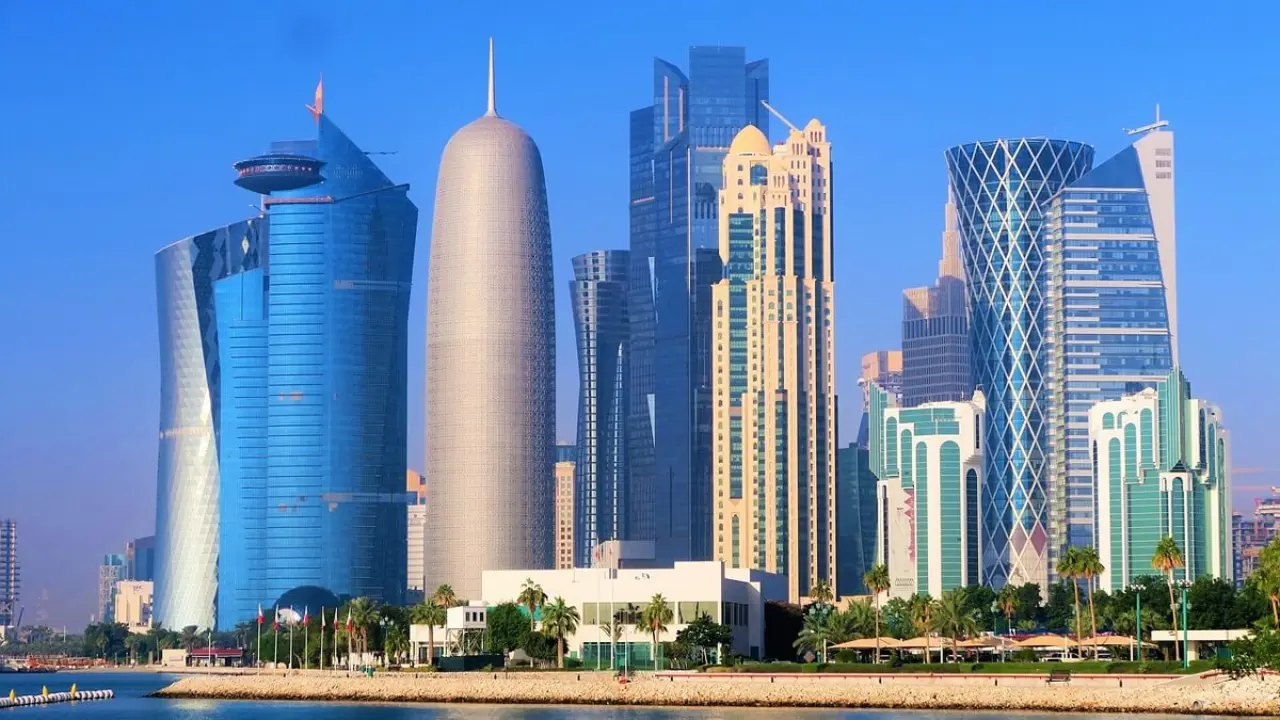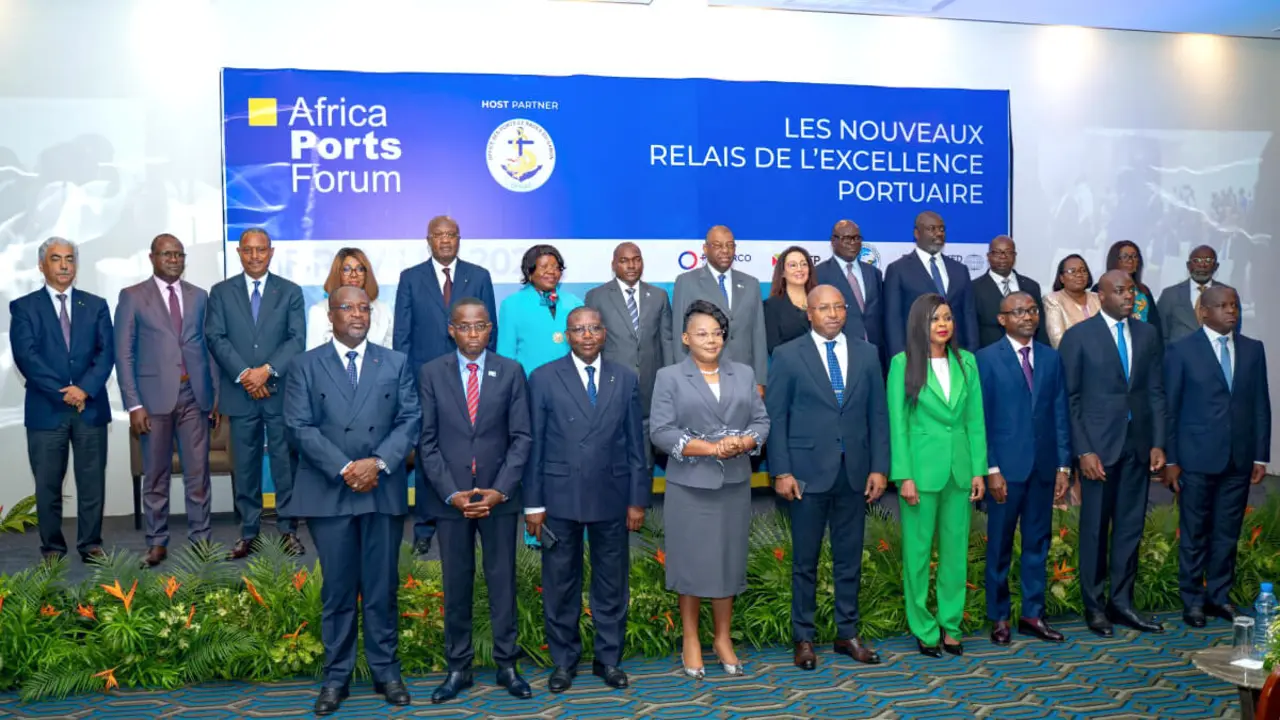Banking executives seek refuge in the Emirates in the face of sanctions against Russia

The sanctions and restrictions imposed on Russia as a result of the offensive in Ukraine have provoked a major economic movement within the global banking sector. Important elements of the banking sector have turned their attention to the United Arab Emirates as a major financial focus in the face of the current uncertainty.
The war in Ukraine and the consequent restrictions imposed by the West on Russian banking activity have triggered a movement of important banking executives towards the Emirati market. In this sense, many representatives of the banking sector have decided to leave Russia and settle in Dubai, a major financial centre of reference at the moment.
As noted by the Al-Arab media, several analysts have highlighted the rise in shares in the Emirate of Dubai as it has become an important destination for people linked to banking who are trying to avoid the consequences of the war in Ukraine and the economic and financial sanctions imposed on Russia, which have affected various sectors, including banking, of course. In this regard, executives and employees of the financial sector took the decision to abandon activity in the Russian market.

According to the Reuters news agency, several sources reported that bankers working at major financial institutions in Moscow, such as the US banks JPMorgan Chase and Goldman Sachs, have either left the Russian capital or are considering leaving because of the impediments to doing business there. Important bank employees have left the Moscow market for other more attractive destinations such as the Emirates and, in particular, Dubai, as the Al-Arab media also pointed out.
Following the sanctions agreed by the United States and the European Union against Russia, major banks such as Goldman Sachs and JPMorgan Chase announced their departure from Russia due to the limitations on financial activity in the Russian market as a result of the punishments imposed on the Russian state for the invasion of Ukraine.
According to Al-Arab, which also referred to Reuters, several sources indicated that almost half of Goldman Sachs' employees in Moscow, out of a total of 80 employees of the financial institution in the Russian city, have left or are going to leave for Dubai. A trend also reported by Bloomberg. There has also been an exile of JPMorgan bankers from Moscow, where the US bank had 160 employees.

Among the factors benefiting Dubai at the moment is logistics. Although several countries closed their airspace to Russian aircraft after the invasion of Ukraine, flights operate regularly between Moscow and Dubai, a major financial centre about five hours from the Russian capital, with a time difference of only one hour.
According to various sources, the duration of this outbound movement is undetermined and we will have to wait and see how the conflict in Ukraine evolves to see what steps the most important banks continue to take in response to the situation of the financial market in Russia, hit by the sanctions imposed by the West.
Many foreign banks have been quick to reduce their exposure to the Russian banking system since Russia announced its annexation of Crimea in 2014, but so far some US and European banks have kept their assets in Russia, as noted by Al-Arab. However, the exodus of banking workers from Russian territory to the Emirati market is already visible.

This transfer of banking players from Russia to the Emirates could also be related to the good relationship that the Gulf States, including the Emirate, have been maintaining with the Russian nation due to existing ties within the framework of OPEC+, the main organisation that brings together the most important oil producers in the world, along with other countries such as Russia itself.
Within the Gulf countries, the Russian attack on Ukraine was also criticised, but there is a more lukewarm attitude towards the Russian state compared to the harshness shown by the West. Moreover, there is currently not the best relationship between relevant Middle Eastern nations such as Saudi Arabia and the Emirates and the US. According to reports in Al-Arab and The Wall Street Journal, US President Joe Biden tried to speak to Saudi Crown Prince Mohammed bin Salman and Abu Dhabi Crown Prince Mohammed bin Zayed by telephone a few days ago, but received no response.
The United States has tried to win the support of these Arab countries in the face of the sanctions imposed on Russia and also with a view to halting the rise in oil prices caused by the crisis unleashed by the war in Ukraine, but there is a certain diplomatic distancing due to the latest policies of the US giant in the Middle East. The Saudi kingdom and the Emirate have not liked the latest US moves on certain issues such as the war in Yemen or the nuclear agreement with Iran. The United Arab Emirates has already made clear its position of respecting its agreements within OPEC+ despite US attempts to lure the Arab country into its orbit.

As reported by several media outlets, the US stopped selling arms to the Saudi-led Arab coalition, of which the UAE is a member, that is fighting the Houthi rebels in the war in Yemen. The Houthi militia is backed by the Islamic Republic of Iran, a major standard-bearer of the Shiite branch of Islam against the Sunni side sponsored by the Saudi kingdom, and has been launching heavy missile and drone attacks against oil and airport facilities in Saudi Arabia and the UAE. Both Arab countries would therefore miss greater US support in this regard.
On the other hand, there is the rapprochement between the United States and various European countries and Iran with a view to recovering the nuclear pact sealed with the Persian country in 2015, which limited Iran's atomic programme in exchange for political and economic benefits. The previous US administration of Donald Trump pulled out of the agreement, arguing Iranian non-compliance, and the regime of the ayatollahs responded by announcing the non-compliance of important points included in the nuclear pact, such as the one referring to the levels of uranium enrichment.
Countries such as Saudi Arabia and Israel have warned of the danger that Iran's atomic development would pose for the Middle East region in terms of obtaining nuclear weapons, something that Tehran denies.
Various analysts have highlighted the political shift in the United States, which has shifted its focus from the Middle East to Asia because the US wants to do more to confront the economic and political expansionism of China, which it considers to be its main geopolitical rival at present.








